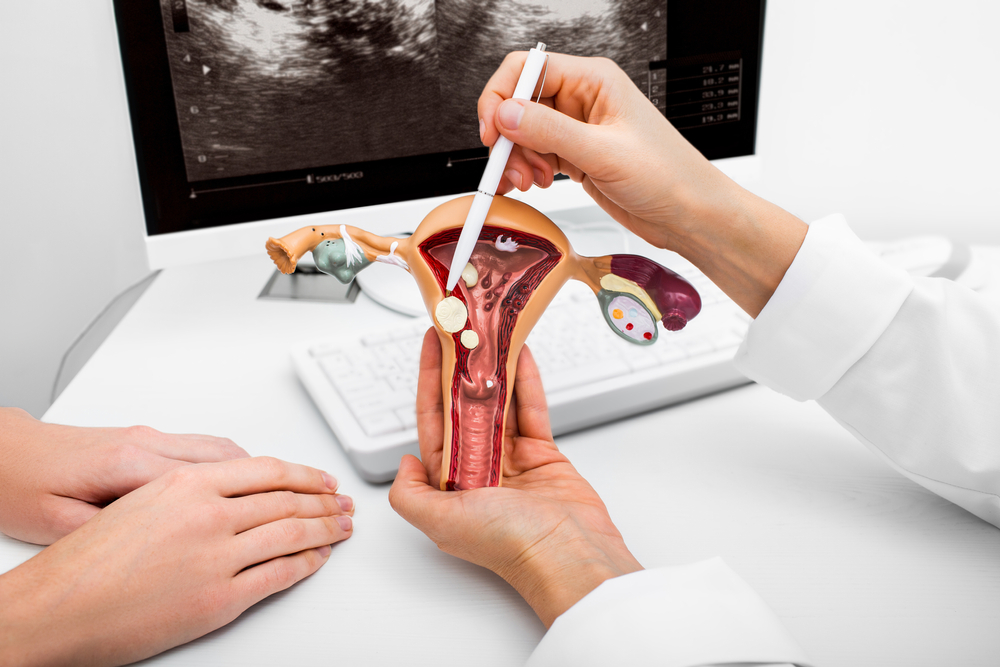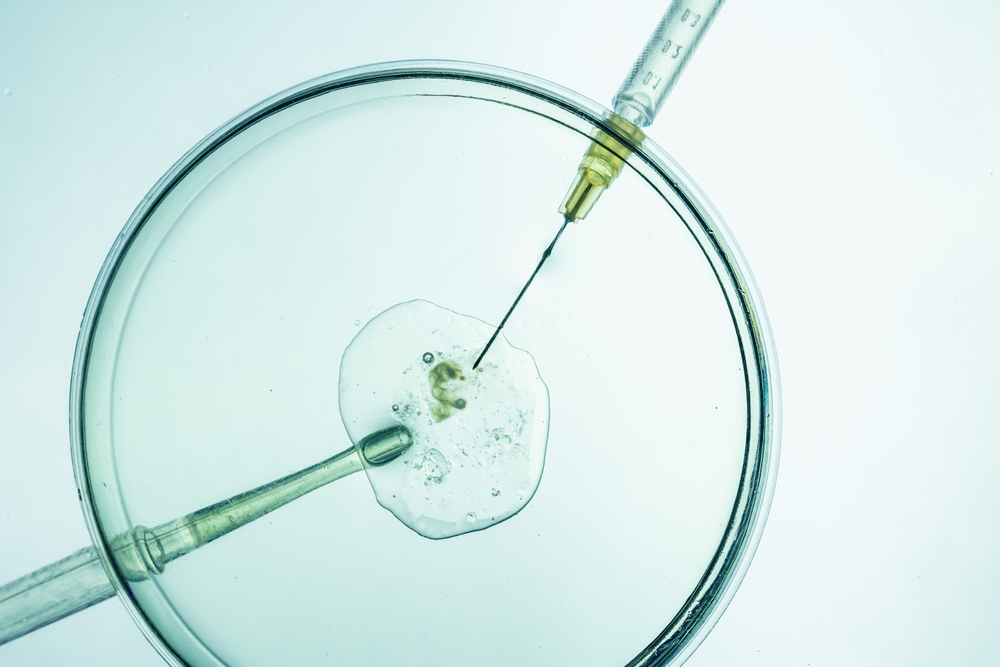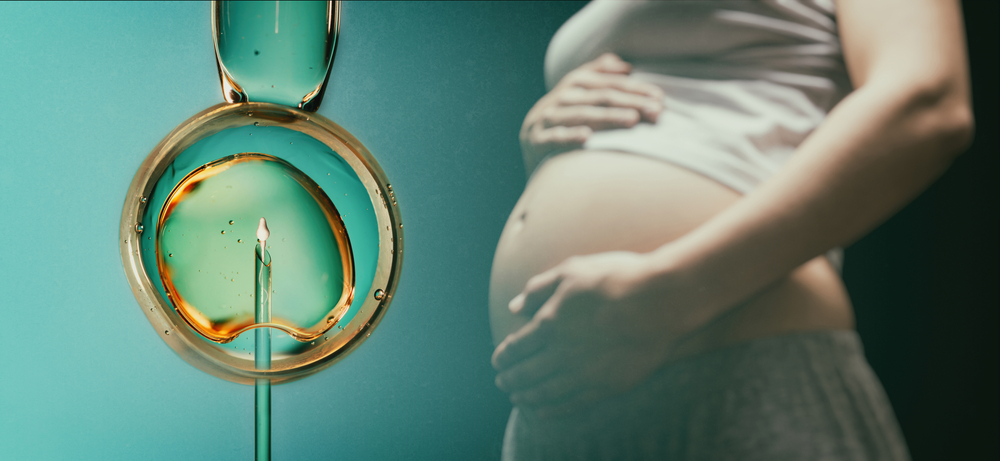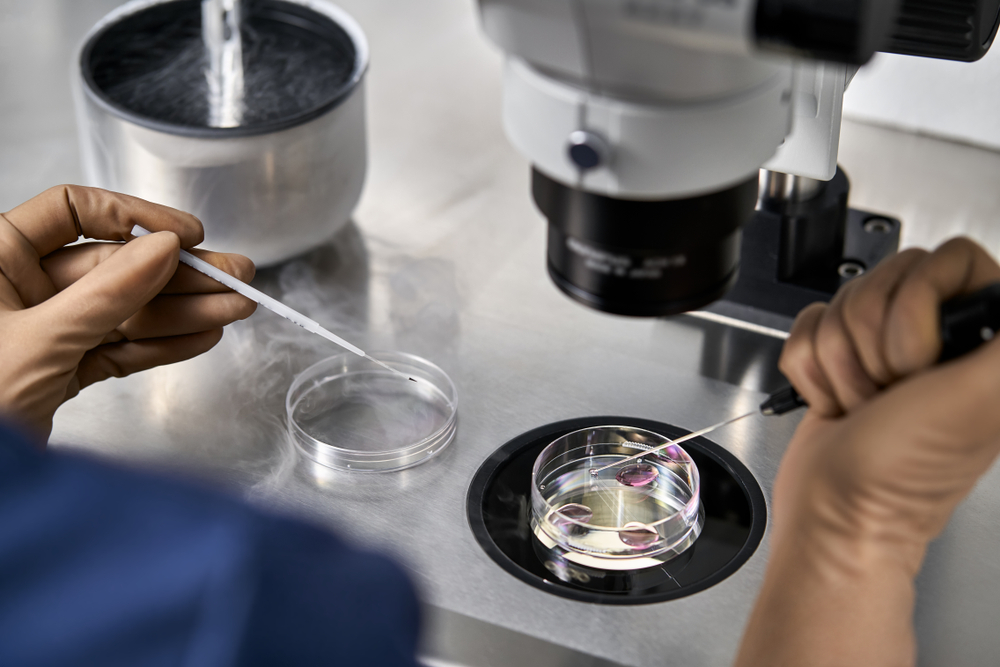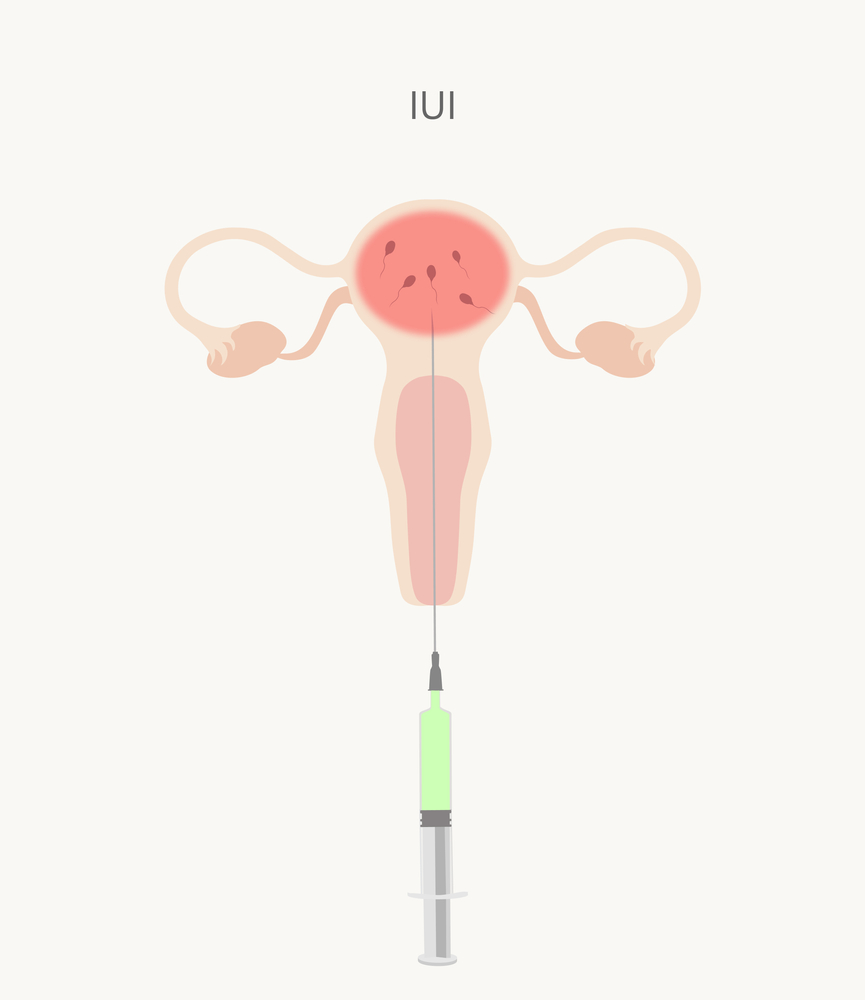Not only in the female body, but also in the male reproductive system, hormones play an essential role. They are responsible for male sexual drives and also affect their reproductive abilities. Unlike women, who have cycle hormone secretions that vary with their menstrual cycles, hormones in men remain relatively constant from puberty to reproductive age.
This article provided by Sai Shourya’s Test Tube Baby Centre introduces various hormones that affect male infertility. Before that, let us know how the male reproductive system functions.
How Does the Male Reproductive System Function?
The entire male reproductive system depends on hormones. It is a chemical that regulates the activity of various types of cells or organs. The main hormones involved in the male reproductive system are a follicle-stimulating hormone, luteinizing hormone, and testosterone.
Important Hormones in the Male Reproductive System
The main hormones involved in the male reproductive system and the place where these hormones are secreted and produced areas listed below.
- Gonadotropin-Releasing Hormone (GnRH): Secreted from the hypothalamus
- Follicle-Stimulating Hormone (FSH), and Luteinizing Hormone (LH): Produced by the anterior portion of the pituitary gland
- Reproductive glands produce estrogen (estradiol) and testosterone.
The Role of Hormones in Male Reproduction:
The studies show that gonadotropin hormones (both LH and FSH) support the process of spermatogenesis, by suppressing the pro-apoptotic signals, and thus increase the survival of spermatogenic cells.
Sertoli cells themselves mediate part of spermatogenesis through hormone production. They can produce the hormone estradiol and inhibin. Leydig cells can also create estradiol in addition to their primary product testosterone.
Gonadotropin-Releasing Hormone:
It is a tropical hormone that is produced by a part of the brain, the hypothalamus. Although GnRH is not directly responsible for male sexual behaviour or male sexual characteristics, it is still essential because it causes the release of two other hormones that are important for the male reproductive system.
Follicle-Stimulating Hormone:
The follicle-stimulating hormone (FSH), produced in one part of the brain called the anterior pituitary, is active in both the male and female reproductive systems. The name comes from the effect of hormones in women as men do not produce follicles, but the same hormones responsible for the development of mature eggs in women stimulate cell production in male testes. GnRH releases FSH in response to anterior pituitary stimulation.
Luteinizing Hormone:
Like FSH, luteinizing hormone (LH) released from the anterior pituitary in response to the action of GnRH. Like FSH, LH is also produced by women and named after its effect in the reproductive cycle of women; men do not undergo luteinization, i.e. release of a mature egg during ovulation. In men, LH causes testicular cells to produce the hormone testosterone.
Testosterone:
Perhaps the most prevalent hormone in the male reproductive system is testosterone. About 95% of testosterone is produced by Leydig (interstitial) cells; the adrenal glands provide the rest. Among FSH, LH and testosterone, testosterone is an essential hormone that plays a vital role in the healthy growth and development of the male reproductive system.
It includes body development, facial hair and laryngeal function, which leads to changes in voice after puberty: genital enlargement and secondary sexual characteristics in men.
Testosterone is combined with FSH to stimulate cell production in men and to regulate their flow during sexual intercourse. When testosterone levels are low, the following symptoms can be observed in men such as a decrease in muscle and bone strength, loss of energy, low fertility, reduced sex drive, weak erections, low cell count and lower productivity.
Testosterone regulates many functions, along with cell production in men, such as sexual drive, bone mass, fat distribution, size and muscle strength, and red blood cell production.
Inhibin:
The hormone inhibin is produced by cells in the testes responsible for monitoring the health and maturation of cell. When cell levels are high, making nutrients increasingly scarce for cell development, the testes release inhibin.
Inhibin travels through the bloodstream to the brain, where it prevents GnRH secretion. Without GnRH, the production level of FSH and LH decreases and eventually, cell production slows. It is one of the primary mechanisms by which male hormones are in relatively constant concentrations.
Conclusion:
The above provided male hormones are beneficial for the production of cells and also for the growth of the male reproductive system during adolescence. Without the hormones, the body cannot function properly and may suffer from infertility. So, a patient needs to take a regular follow-up visit with a doctor.
If you are suffering from male infertility problem that may be due to hormonal imbalance. To know the hormonal levels and to get them corrected, make an appointment with Shourya’s Test Tube Baby Centre by calling us on +91 9502636153 for more information.

